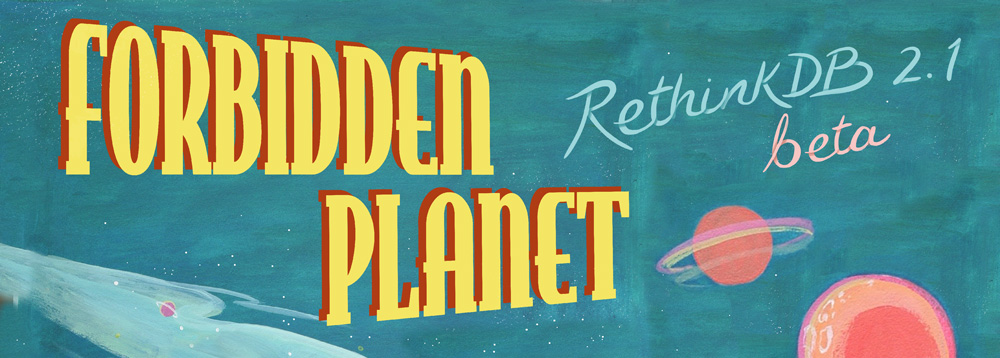
Accenture is teaming up with Worksoft to provide artificial intelligence automation capabilities to its application development and testing solutions. Through the alliance, Accenture will be able to take advantage of Worksoft Certify, a service that eliminates manual quality assurance steps, and Worksoft Analyze, a solution that uses artificial intelligence to automate business process discovery.
“IT organizations are moving toward high-velocity software engineering models for testing and deploying applications,” said Kishore Durg, managing director and global testing lead for Accenture. “Accenture’s collaboration with Worksoft will transform software testing to enable faster, more predictable and more frequent deployments to market. We will continue to invest in cognitive computing, machine learning and automation to improve our clients’ business.”
RethinkDB 2.1 beta introduces automatic failover
RethinkDB 2.1 is now available with a number of improvements and an early look at its automatic failover support. With automatic failover support, RethinkDB can automatically move to another replica if a primary replica fails.
“Automatic failover increases the reliability of RethinkDB clusters, reducing the risk of downtime when individual servers fail or drop out of the network,” wrote Ryan Paul, developer evangelist at RethinkDB, in a blog post. “When a server with a primary shard experiences failure, the servers with remaining replicas elect an acting primary to take its place until the wayward server is either restored or permanently removed from the table configuration.”
Other improvements include ancillary enhancements, as well as the ability to reshard tables live.
Google joins the OpenStack Foundation
Google has signed on as a corporate sponsor of the OpenStack Foundation. As a sponsor, Google will dedicate engineering resources to OpenStack and provide container-oriented computing expertise.
“By joining forces with the OpenStack Foundation, we hope to add container-native patterns to the tool belt of enterprise developers, and improve interoperability between public and private clouds,” wrote Craig McLuckie, product manager for Google, wrote in a blog post. “We will be working over the coming months with the community to integrate Kubernetes, as well as complementary container technologies, to create a stronger hybrid cloud.”






